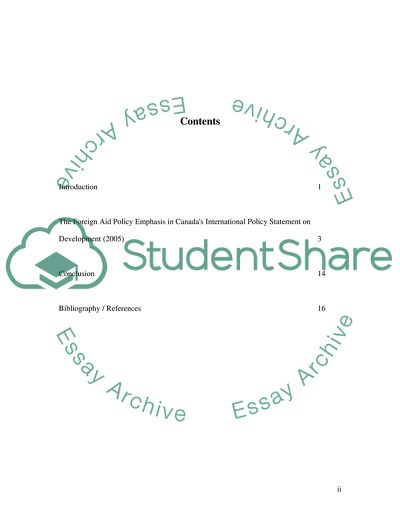Cite this document
(Government of Canadas International Policy Statement on Development Term Paper, n.d.)
Government of Canadas International Policy Statement on Development Term Paper. Retrieved from https://studentshare.org/politics/1756790-about-international-development-choose-one-of-them
Government of Canadas International Policy Statement on Development Term Paper. Retrieved from https://studentshare.org/politics/1756790-about-international-development-choose-one-of-them
(Government of Canadas International Policy Statement on Development Term Paper)
Government of Canadas International Policy Statement on Development Term Paper. https://studentshare.org/politics/1756790-about-international-development-choose-one-of-them.
Government of Canadas International Policy Statement on Development Term Paper. https://studentshare.org/politics/1756790-about-international-development-choose-one-of-them.
“Government of Canadas International Policy Statement on Development Term Paper”, n.d. https://studentshare.org/politics/1756790-about-international-development-choose-one-of-them.


